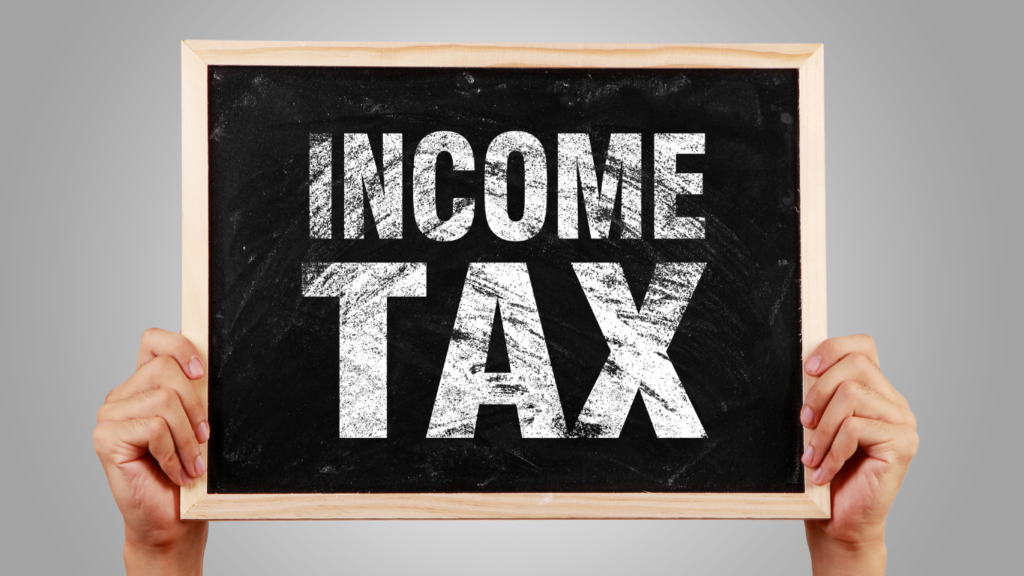Understanding individual income taxation in Serbia is crucial for both residents and non-residents. In the following text, we will describe the types of income subject to taxation, applicable tax rates, and the specific rules that apply to each income category.
Understanding this text can help you comply with the laws and optimize your financial planning.

If you are employed and have a signed employment contract with corresponding rights and obligations, the tax is paid by your employer.
The tax rate is 10% at a fixed rate after deducting the non-taxable portion of the salary, starting from February 1, 2025, which amounts to 28,423 RSD. The tax base for income tax is the gross salary with accompanying benefits.
If you are considering self-employment and taking a company formation in Serbia, with plans to pay yourself a salary, it is important to understand your options. As an entrepreneur, you can opt for flat-rate taxation, simplifying tax obligations and making financial management easier.
When you establish a limited liability company (LLC), as the founder and owner, you are responsible for paying taxes on your salary. The tax rate on your salary remains 10%. However, you must also pay a 15% tax on the company’s profit. If, as the owner, you choose to pay dividends, they will also be taxed at 15%. Understanding these rates and how your salary as the owner will be taxed is crucial for proper business financial management and compliance with Serbian legislation.
The same rules apply to both residents and non-residents. However, for non-residents, establishing a company in Serbia offers an additional benefit: the opportunity to obtain a Serbian residency permit. By opening a company, you become eligible to apply for a Serbian residency permit, which allows you to live and work in Serbia legally.
For more information on how to obtain a Serbian residency permit, read our blog post (Unique Work and Residence Permit for Foreign Nationals in Serbia 2025).
Income from intellectual property rights, including earnings from copyrights, industrial property rights, and similar rights, is subject to taxation in Serbia.
The tax base is determined as the difference between gross income and associated costs, with standard costs reducing the tax base. The tax rate on this income is 20%.
Income from investments, such as interest from loans, savings accounts, and dividends, is taxed at 15%. There are specific exemptions for interest earned from savings in dinars and government bonds.
Income earned from leasing or sub-leasing real estate is subject to taxation at a rate of 20%. Specific rules apply for certain types of income, such as one-day leases.
Capital gains include income from the sale or transfer of real estate, rights to use urban land, intellectual property, shares in legal entities, and other securities. The tax base is the difference between the sale and purchase price, adjusted according to the legislation on personal income tax.
The tax rate on capital gains is 15%. If the property has been held for over ten years, residents may be exempt from capital gains tax.
Non-residents earning income from employment, diplomatic or consular missions, or international organizations in Serbia must calculate and pay personal income tax (PIT) unless the tax has already been withheld and paid by the payer.
Miscellaneous income includes income from equipment leasing, gambling winnings, personal insurance income, income from athletes and sports professionals, hospitality services income, and other income not categorized in other ways. The tax rate for these incomes is 20%, except for insurance income, which is taxed at 15%.